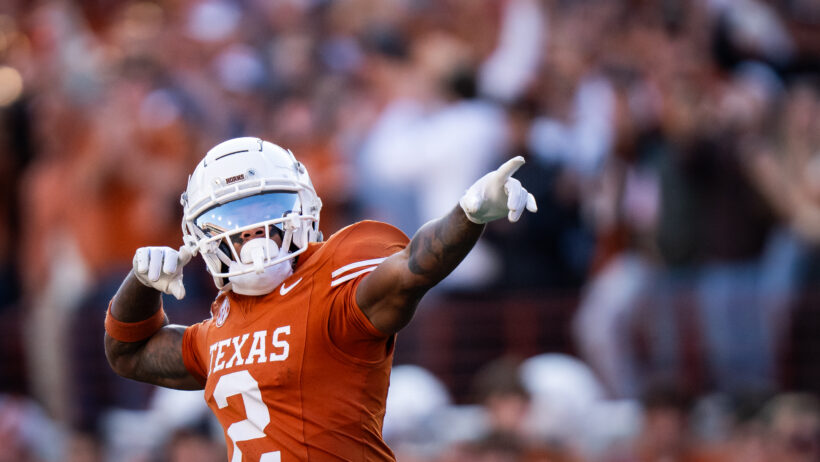New Illinois iGaming Bills Address Cannibalization Concerns
By Robert Linnehan in Sports Betting News
Updated: March 26, 2025 at 4:54 pm EDTPublished:

- Two companion iGaming bills have been introduced in the Illinois Senate, House
- License holders can partner with up to three iGaming operators
- Illinois Gaming Commission will not issue iGaming licenses to casinos that reduced their workforce
Two companion iGaming bills have been introduced in the Illinois Senate and House of Representatives, with the legislation attempting to address retail casino cannibalization concerns.
Sen. Cristina Castro (D-22) introduced SB 1963 to legalize iGaming, while Rep. Edgar González, Jr. (D-23) introduced companion bill HB 3080 in the House.
The Internet Gaming Act will allow legal Illinois online casino games and license holders to partner with up to three iGaming operators.
Addressing Cannibalization Concerns
The iGaming bills will tax online casino games at a rate of 25% of adjusted gross revenues. Operators will be able to deduct free play and promos from their gross revenues.
The fee for an iGaming license will be set at $250,000 and the license renewal fee will be set at $100,000. However, renewal of an iGaming license comes with another factor that addresses cannibalization concerns to retail casinos.
Included in the bill is a requirement that disallows the Illinois Gaming Control Board to award or renew an iGaming license to an organization if it has reduced its workforce by 25% or more since Feb. 28, 2020, or the issuance of an iGaming license.
“The Board may not issue an Internet gaming license to an owners licensee or organization licensee that has reduced the size of its workforce by 25% or more since February 28, 2020. The Board may not renew the Internet gaming license of any owners licensee or organization licensee that has reduced the size of its workforce by 25% since the date its last Internet gaming license was issued or renewed,” the authors wrote in the bill.
It’s a clear attempt to dissuade casinos from reducing their employee pools after receiving an iGaming license. One of the main concerns from iGaming opponents, such as casino unions, has been employee cost cutting from brick-and-mortar locations after legalization.
iGaming Bill Details
The bill sets the minimum age to participate in iGaming at 21.
Each iGaming platform will have to include responsible gaming language upon users signing into their accounts. Each platform must display the words “If you or someone you know has a gambling problem, help is available. Call (toll-free telephone number)” or comparable language approved by the Illinois Gaming Control Board.
The language must include the words “gambling problem” and include a number to a problem gambling service when a user logs into their account.
Slots, poker, table games, and live-dealer simulcast games will be eligible under the bill.
All iGaming tax revenues will be deposited into the state gaming fund.

Regulatory Writer and Editor
Rob covers all regulatory developments in online gambling. He specializes in US sports betting news along with casino regulation news as one of the most trusted sources in the country.



